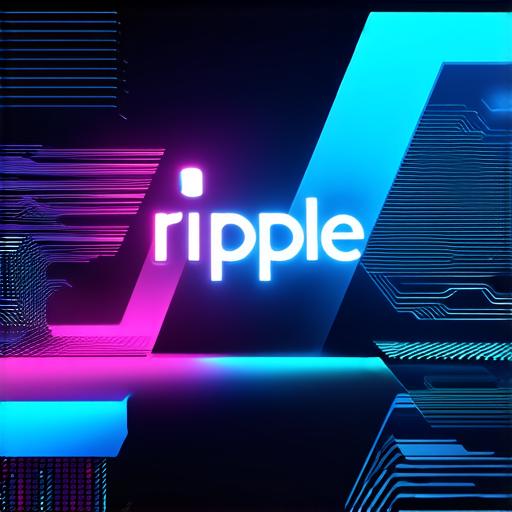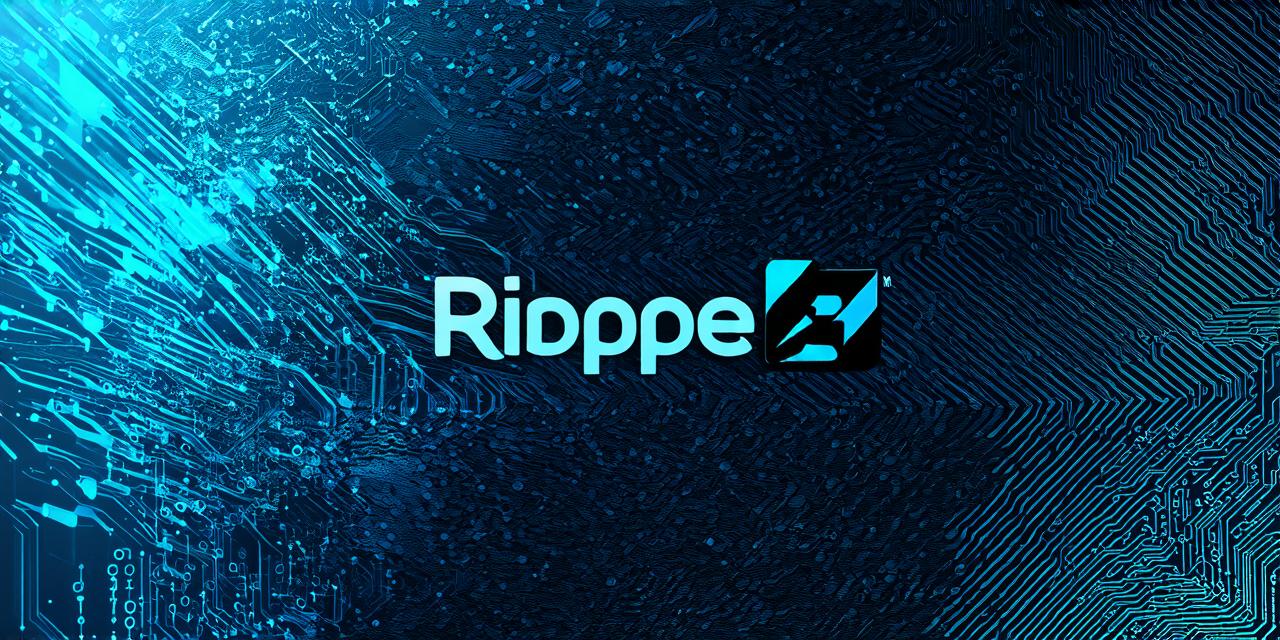
Introduction to Ripple Blockchain
Ripple is a decentralized payment protocol that enables fast, low-cost, and secure cross-border payments. It was founded in 2012 by Brad Garlinghouse and Chris Larsen. The platform aims to provide financial institutions with an efficient and cost-effective way to process international transactions.
Architecture of Ripple Blockchain
Ripple blockchain uses a consensus mechanism called the XRP Ledger, which is based on a unique consensus algorithm called RAFT (Raft Consensus Algorithm). Unlike other blockchains like Bitcoin and Ethereum, Ripple does not rely on Proof of Work (PoW) or Proof of Stake (PoS) consensus mechanisms. Instead, it uses a combination of centralized and decentralized nodes to validate transactions.
Centralized Nodes
Ripple has a group of trusted centralized nodes called Validators, which are responsible for validating transactions and maintaining the integrity of the XRP Ledger. The Validators are chosen based on their financial strength, reputation, and technical expertise. They receive transaction fees in exchange for their services.
Decentralized Nodes
In addition to centralized nodes, Ripple also has a network of decentralized nodes called Clients, which are responsible for processing transactions and interacting with the XRP Ledger. These nodes can be individuals or organizations and do not require significant financial resources to participate in the network.
Use Cases of Ripple Blockchain
Ripple blockchain has several use cases in the financial industry, including cross-border payments, remittances, and foreign currency exchanges. It is also being used for supply chain management, gaming, and digital identity verification.
One of the main advantages of Ripple is its speed. Transactions on the XRP Ledger can be processed within seconds, compared to days or weeks for traditional bank transfers. This makes it an ideal platform for fast-paced industries like finance and e-commerce.
Another advantage of Ripple is its scalability. The network can handle thousands of transactions per second, making it suitable for large-scale applications like global payments systems.
Advantages and Disadvantages of Ripple Blockchain
Like any other blockchain platform, Ripple has both advantages and disadvantages.
Advantages:
- Fast transaction processing time
- Scalability to handle large volumes of transactions
- Strong partnerships with major financial institutions
- Regulatory compliance
Disadvantages:
- Centralized control by a few Validators
- Higher fees compared to other blockchains
- Limited adoption and awareness among the general public
Comparison with Other Blockchains
Ripple differs significantly from other blockchains like Bitcoin and Ethereum. While Bitcoin is decentralized and relies on PoW consensus, Ripple uses a combination of centralized and decentralized nodes to validate transactions. Ethereum, on the other hand, is a smart contract platform that enables developers to build decentralized applications.
FAQs
1. What is the consensus mechanism used in Ripple blockchain?
The consensus mechanism used in Ripple blockchain is based on a unique algorithm called RAFT (Raft Consensus Algorithm).
2. Is Ripple decentralized or centralized?
Ripple is a decentralized payment protocol that uses a combination of centralized and decentralized nodes to validate transactions.
3. How does Ripple differ from other blockchains like Bitcoin and Ethereum?
Ripple differs significantly from other blockchains like Bitcoin and Ethereum in terms of consensus mechanism, use cases, and adoption levels.
4. What is the XRP Ledger, and how does it work?
The XRP Ledger is a decentralized payment protocol that enables fast, low-cost, and secure cross-border payments. It uses a unique consensus algorithm called RAFT to validate transactions.
5. What are Validators in Ripple blockchain?
Validators are trusted centralized nodes that are responsible for validating transactions and maintaining the integrity of the XRP Ledger. They receive transaction fees in exchange for their services.
